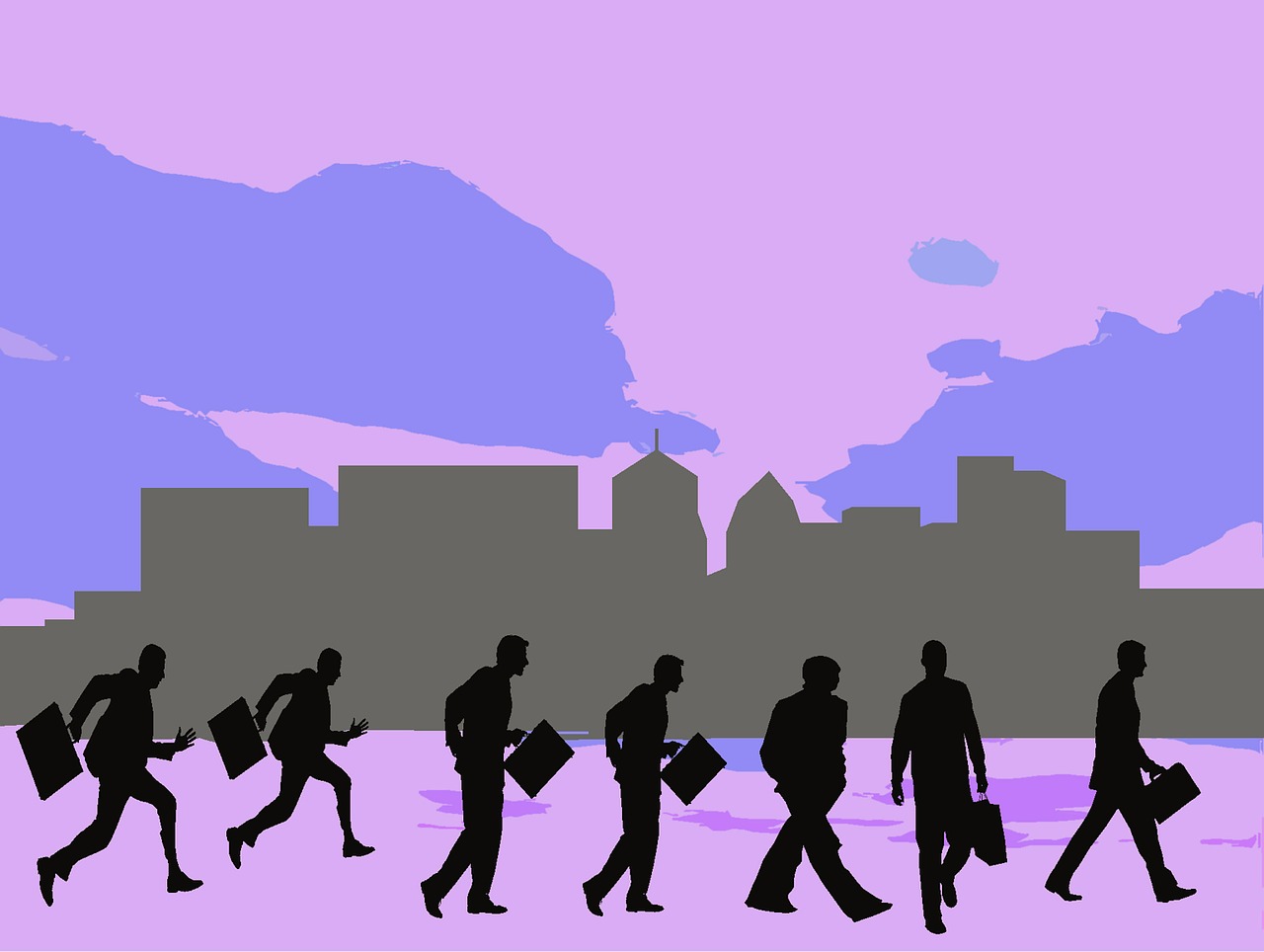
This week’s blog post comes from Rebekah Lambert. Rebekah makes her living as marketing, content creation and copywriting freelancer at Unashamedly Creative and as head of Disruption for Discordia Zine. Rebekah has just begun a mission to improve the mental health and wellness outcomes for freelancers and entrepreneurs as one half of the Hacking Happiness team. You can follow her journey via Twitter, Facebook and Google+.
Go home brain! How overwork impairs your thinking.
We live in a culture that really enjoys the idealised version of productivity. We measure our days in meetings and coffees, long hours and beating deadlines. But are we really doing our best work, or are we cheer-leading an attitude that is counterproductive?
Let’s take a look at how pulling the long hours can negatively impact your success at work.
Mental Fatigue and Fog
While the high fives may be flowing because you’ve pulled an all-nighter, increasing evidence is mounting that you and your pillow need to have a strong, regular and healthy relationship.
A study conducted by the University of NSW in 2007 found that the level of impairment we have when tired is the equivalent or even worse than driving with a blood alcohol reading level of .05.
Stanford University’s legendary sleep clinic has proven time and time again that short term sleep deprivation can negatively influence your memory, vision and ability to concentrate on the task at hand.
And we now know that in order to reboot our brains, sleep does wonders for cleaning out toxins, chemicals and giving the old brain cells a little spit and polish.
When you sleep less, you’re brain simply isn’t at its rock-star best. So why are long hours at work so prized?
Culture supports the problems
No one would want you in the workplace if you were so drunk you placed people at risk. If you were off your face and ambling around the office without a clear idea of what was going on, you’d probably get fired.
And yet, the pressure is on for managers and business owners to stay later, to have less time away from thinking about work through emails, and accept this as part of greater responsibility in job roles.
We approve of and romanticise sleep deprivation. How ridiculous is that?
Businesses and startups regularly adopt and promote a culture that fosters the idea that the long hours mean you take the venture seriously. As people measure their net worth in the size of the account, the amount of funding in the bank, and the team’s ability to pull off the seemingly impossible, the cycle continues.
As everyone clambers for the latest blog on productivity and how to avoid burn out, we appear to ignore the importance of time away from work and time spent sleeping. We want the fix, but we’ve forgotten what the problem is in the first instance.
And that problem is our seemingly loony love affair with pushing ourselves beyond our limits.
Where will overwork lead us to?
Regularly ignoring tiredness can open you up to all kinds of mental health issues. It can also skew your view of what is achievement, and negatively impact your inter-personal relationships and physical health.
Insulin issues, heart problems and depression are all linked to physical inactivity, too much stress – and you guessed it, a lack of proper, deep sleep.
When you choose to be stapled to your desk chasing accolades, you are also choosing to risk the very things that make you able to do what you do.
What you can do?
Let’s not kid ourselves that walking up to the boss and saying “Sorry buddy, the Johnson account is not as important as me catching Offspring” is going to fly. However, you can change the dialogue around how your culture treats long hours enough to start making a change.
Here’s how:
- Reframe your praise from how many hours someone has worked to the quality of the work produced
- Look for opportunities to take things like meetings into natural settings to refresh yourselves, but also to remind work-mates a life outside the office exists
- Look to Fair Work Australia (or your local equivalent) for advice on creating an averaging arrangement and pitch it to your boss as a productivity initiative
- Start saying no. Your silence on the hours you work can be misconstrued as permission. At the very least, get it on the record that you need proper rest
The bottom line:
Taking a stand and setting boundaries that support you getting enough time to rest and relax will positively impact your productivity. With simple changes, you can make a significant difference to your health and well being while keeping the boss on side in the process.
How does your workplace treat productivity? Can you see ways you can make a change for the better?
Share the love
[Sassy_Social_Share]
3 Comments
Leave a Comment
About Dr Sarah
Neuroscientist, Author, Speaker, Director of The Neuroscience Academy suite of professional training programs.
Latest Posts
Free 10 day micro-training in neuroscience

Learn one neuroscience concept a day!
10 simple, bite-sized lessons in brain health, delivered daily to your inbox


[…] to move upwards and onwards. First of all, it’s a counterintuitive notion as we already know working too hard fails to produce good work. Overwork can also lead to stress, mental health issues and even […]
[…] weekends, regardless if we’re working for someone or on our own business. We ignore the fact working too hard impairs our thinking and we motor […]
[…] work better when we’re rested and we’re eating well. Our brains function better when we get time off. We all know this, yet […]